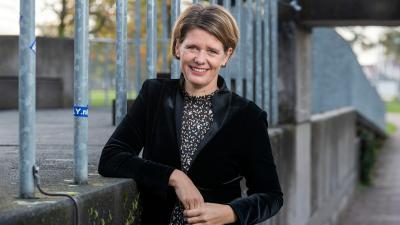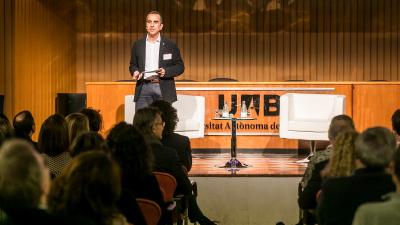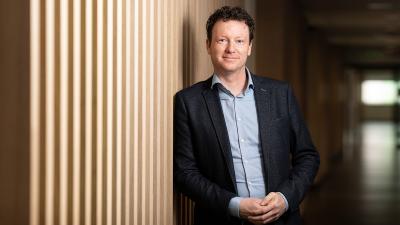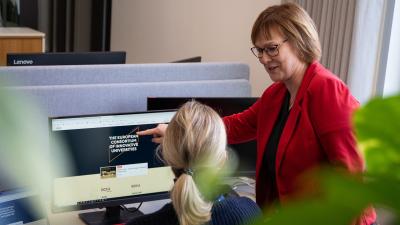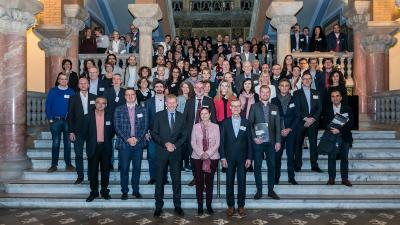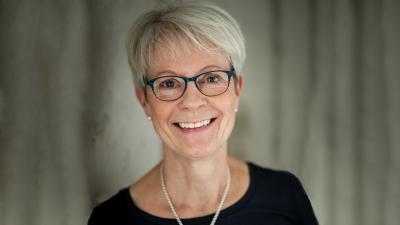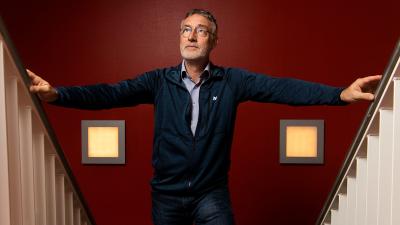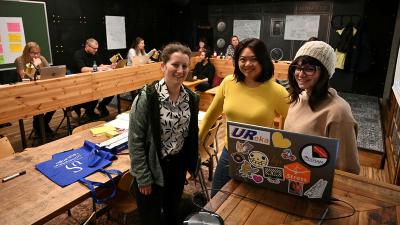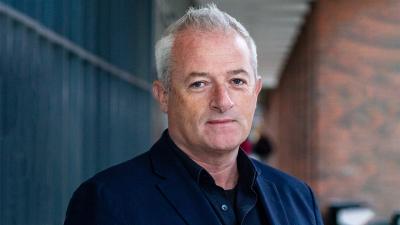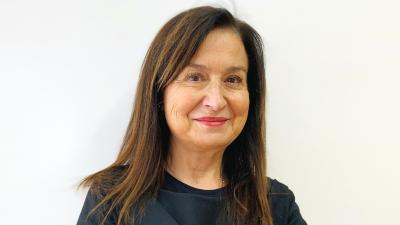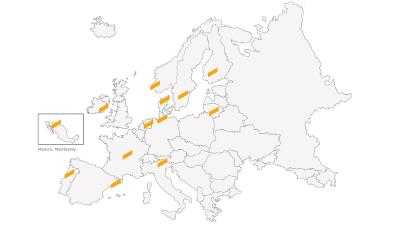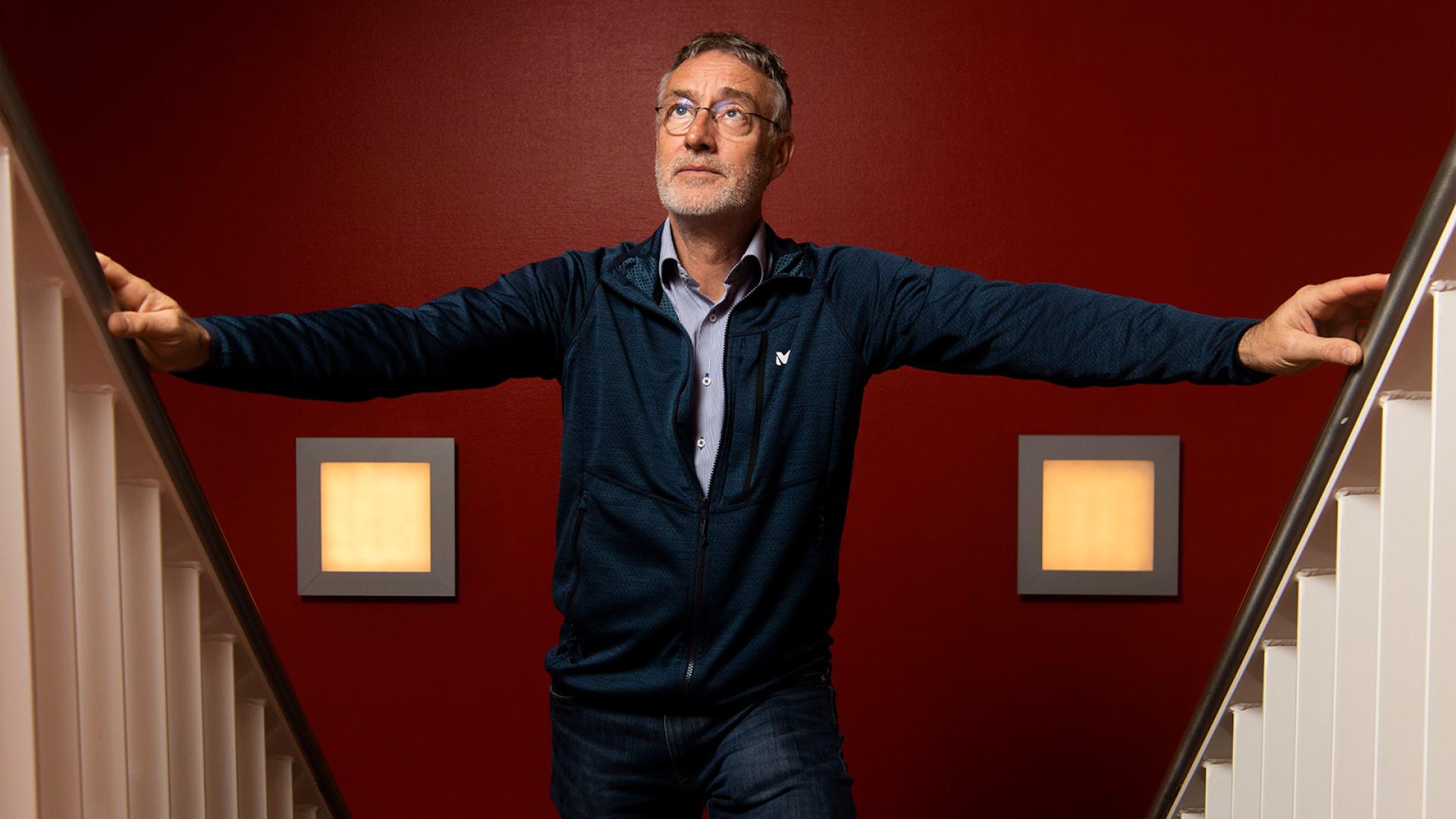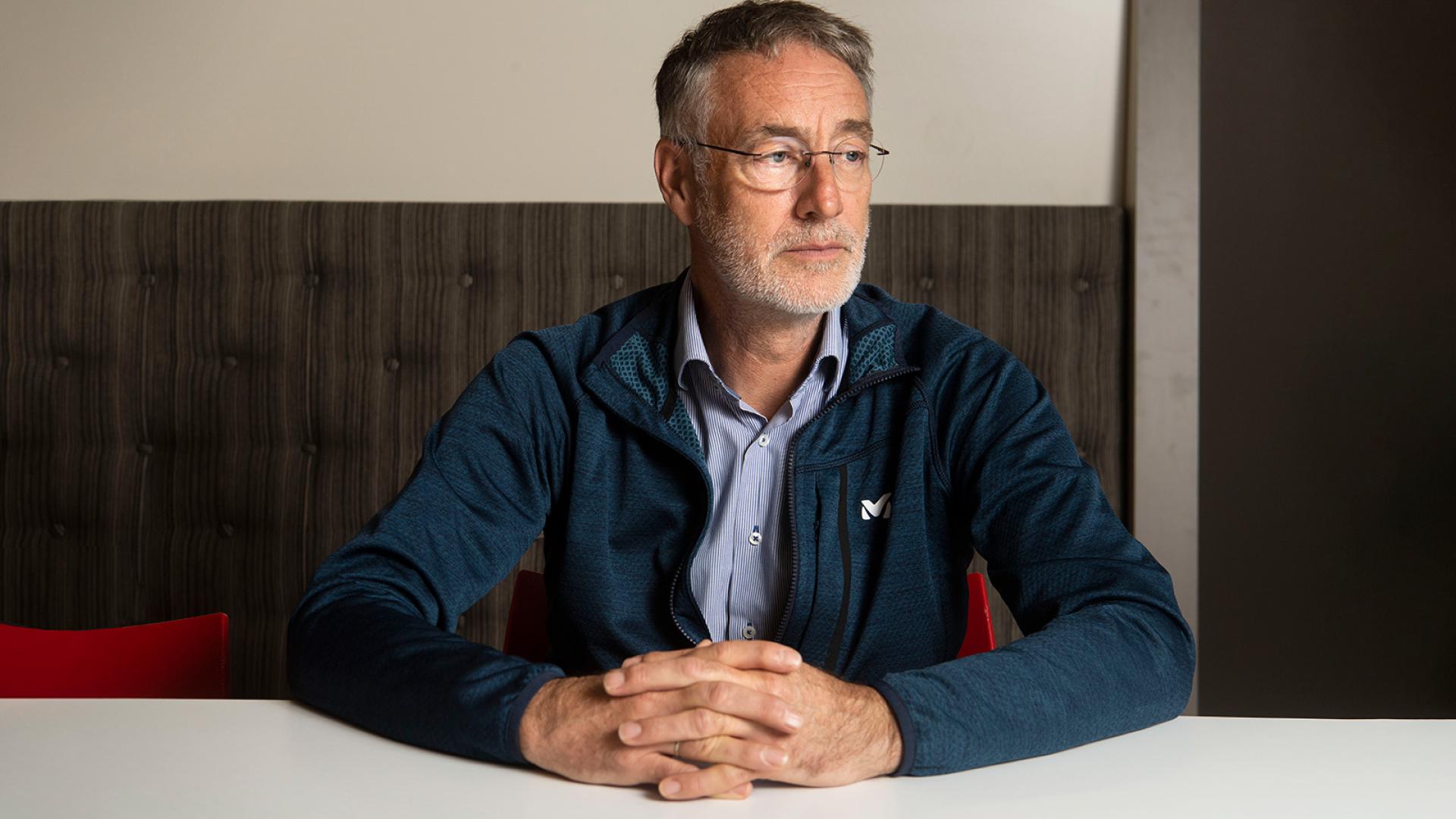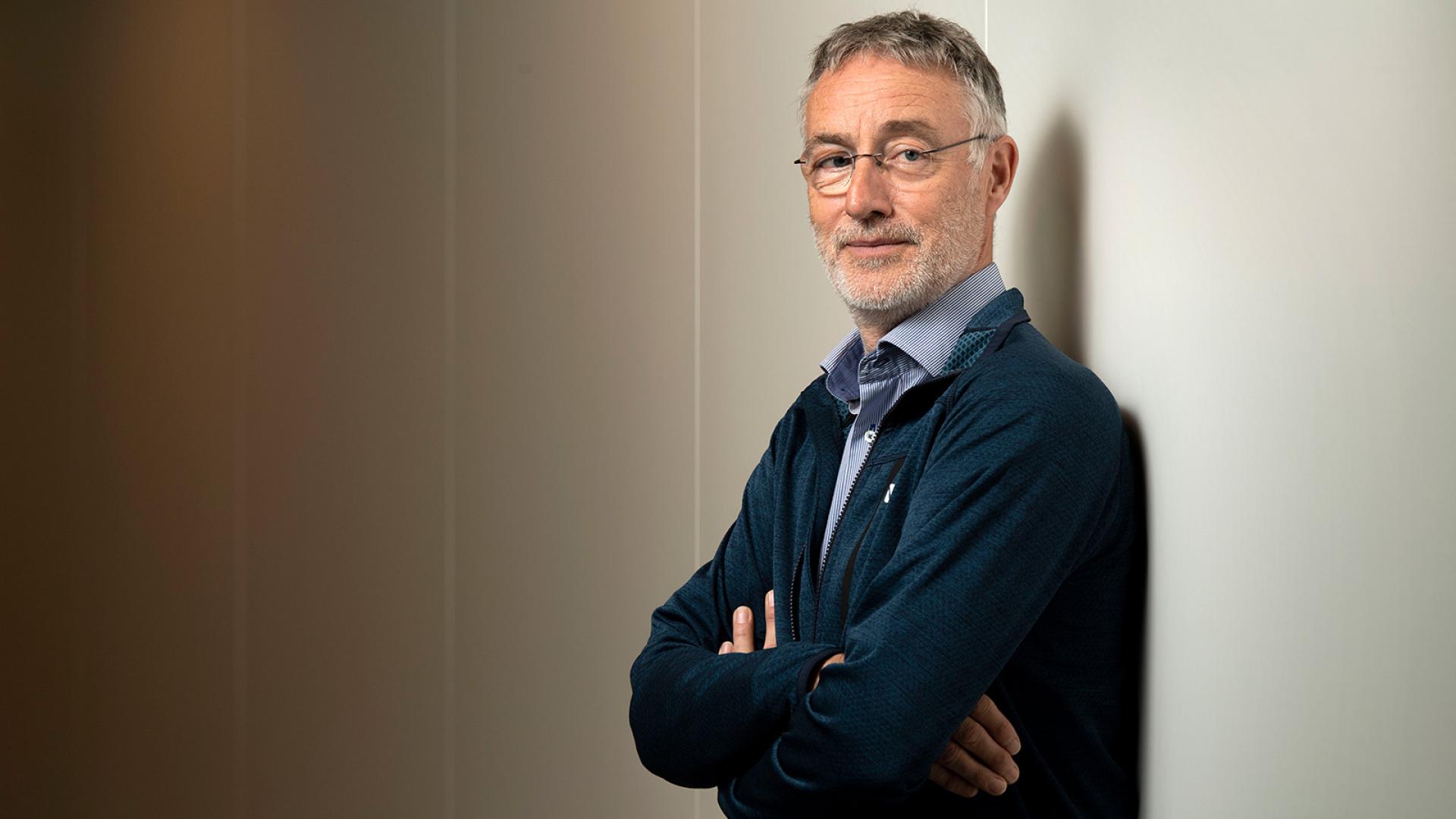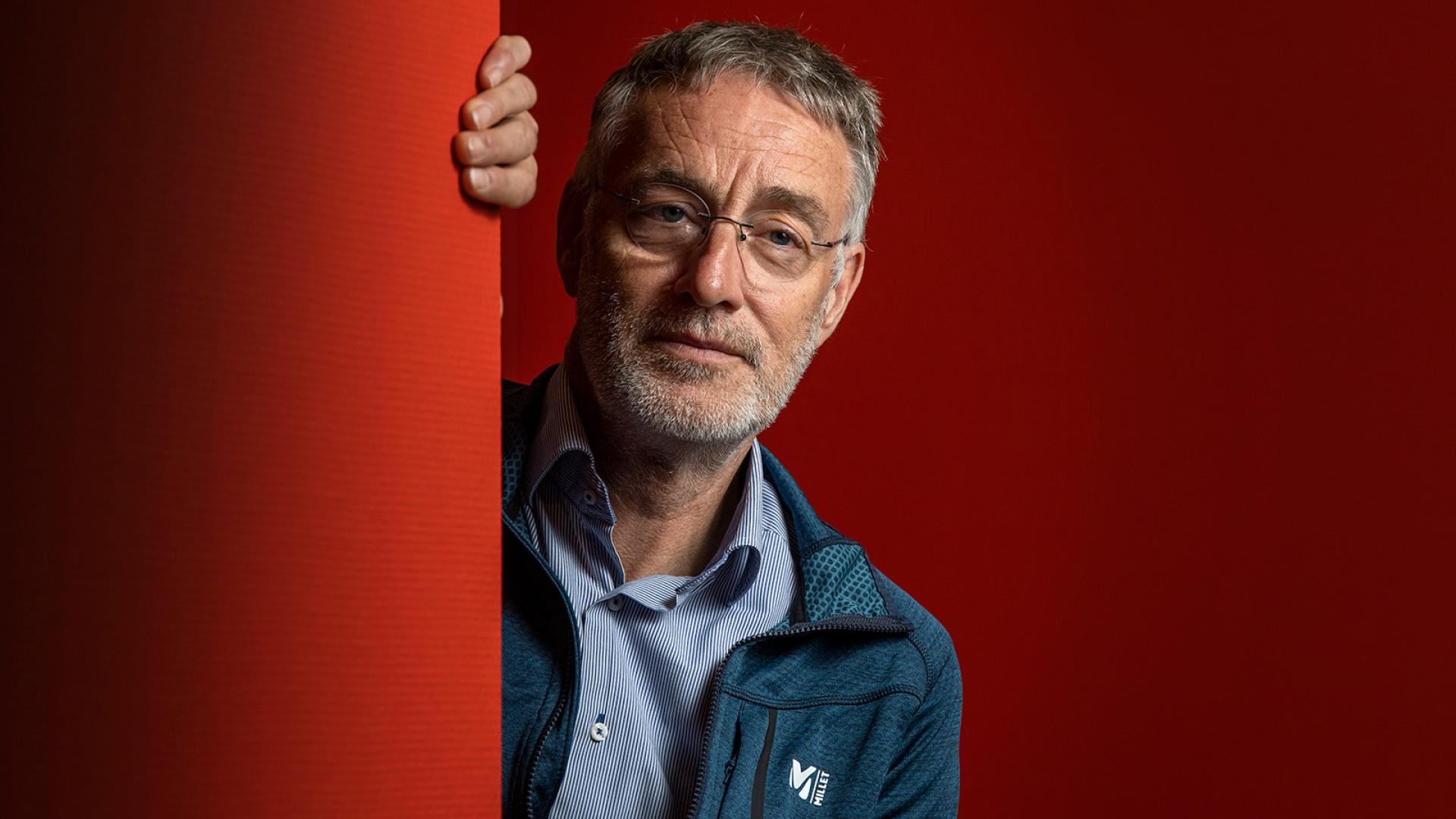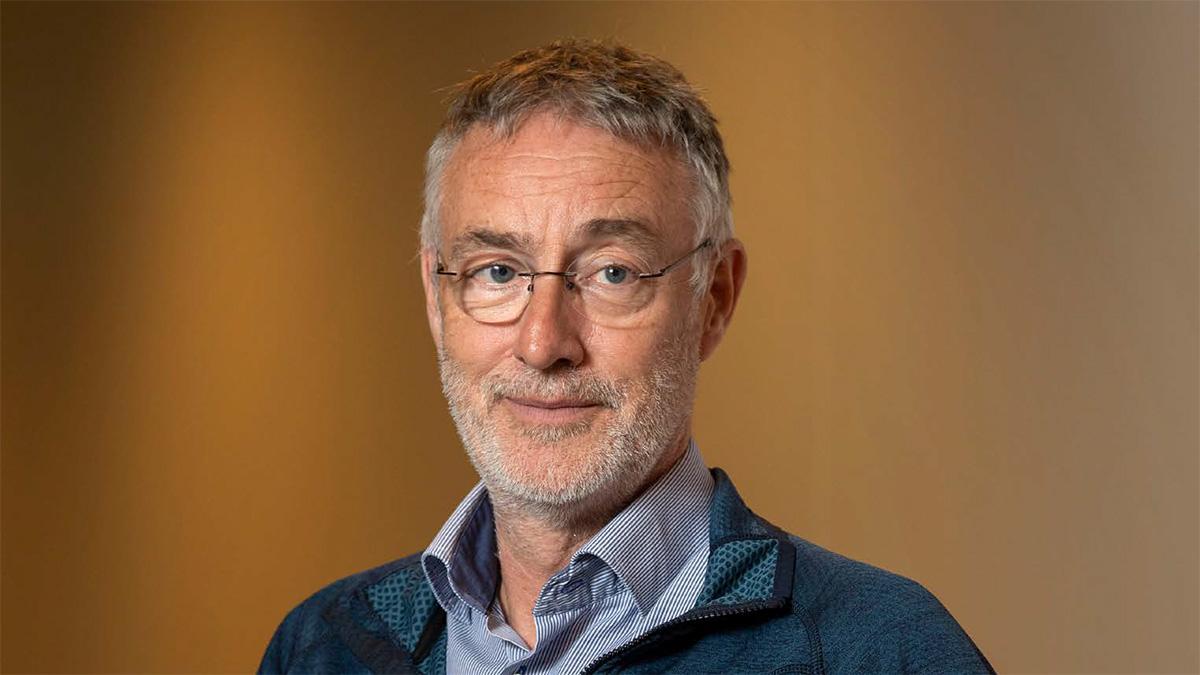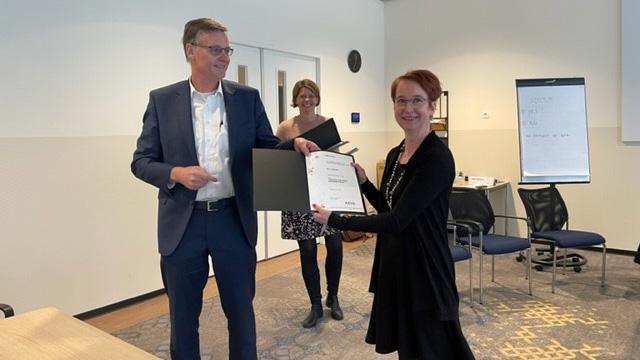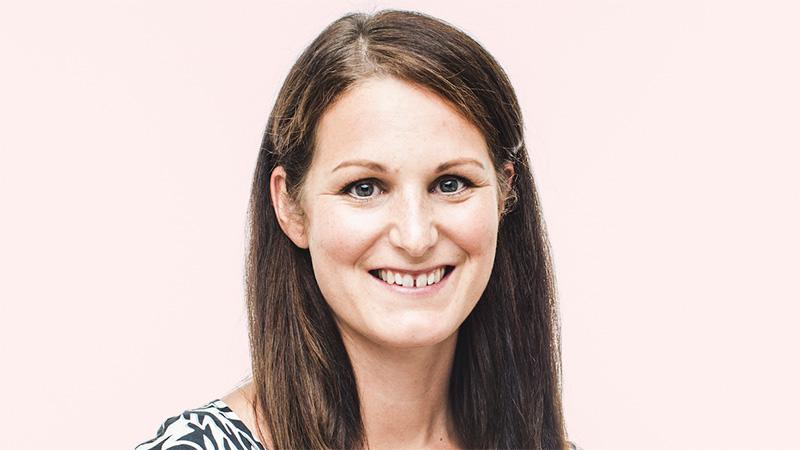According to De Boer, the programme works because universities are complex worlds. ‘From research to real estate and from finance to student life. Trying to dig into those things together can help us understand them better. Whether that happens in Enschede or Stavanger. From my office, I have had a view on the Nanolab for years, but who works there? Or what happens in there? I have no clue. In addition, as a university, we operate in a global field and a lot is happening in all kinds of areas. This sometimes leads to apparent chaos. How do you deal with that as a manager? How does an ECIU colleague tackle problems? That is what we think about within the programme.’
Alumni
What makes the programme a success according to De Boer, is that it helps form a community. ‘We now have about 300 to 350 alumni. During seminars, we discuss each other’s personal characteristics and skills, but we also form a challenge-based research assignment. Then, as a UT manager, you suddenly think for example about real estate in Sweden. This different perspective is good for the institutions. The result is more understanding for each other and the realization of what a European University can do.’
Sunny
De Boer has seen the world change over the past twenty years. ‘The pace of change is very high and there are always new issues to think about in the programme. That also counts for the sentiment surrounding certain subjects. Think of the ever-increasing size of higher education. Where do all those students come from? We keep on growing. How do you continue to manage that well?’ According to the researcher, leadership in itself has not changed. ‘That is a constant. You need certain competencies. Managing means dealing with people, convincing people, dealing with the budget and conducting conversations with bad news. That was, is and will remain so, although the context is constantly changing. It makes me optimistic about the future of this programme. On to the coming years.’

